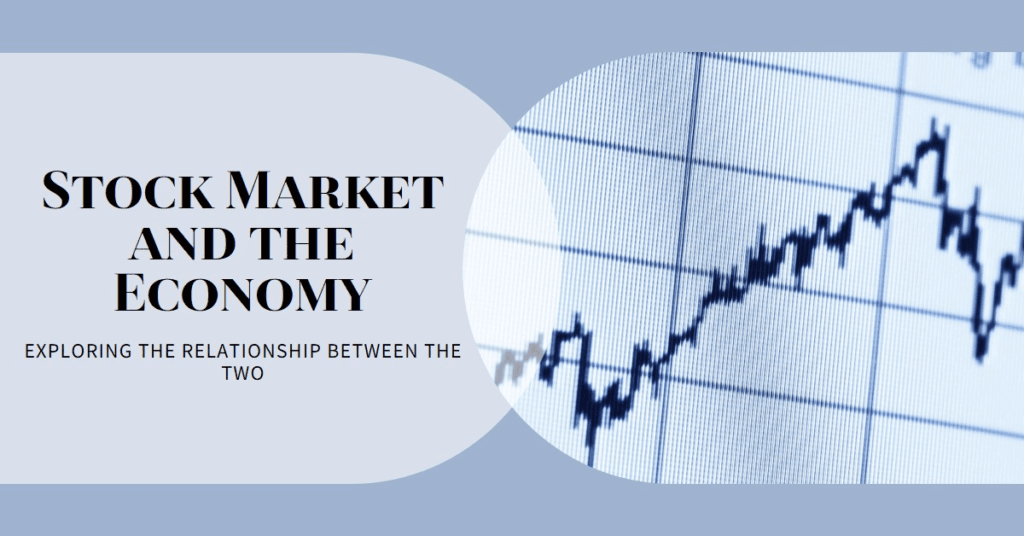If everyone traded in the stock market, it would lead to some interesting and potentially volatile consequences:
Increased Volatility: With everyone buying and selling stocks in the stock market, prices would likely swing more dramatically. This is because there would be a constant churn, with less emphasis on long-term fundamentals and more on short-term sentiment.
Liquidity Issues: There could be times when there aren’t enough buyers for sellers (or vice versa). This could make it difficult to enter or exit positions, potentially leading to crashes or bubbles.
Strain on Brokerages: A surge in trading activity could overwhelm brokerage firms, leading to slowdowns or outages in trading platforms.
Overvalued Markets: If everyone is chasing returns, stock prices could become inflated beyond their true value, setting the stage for a correction later.
However, there could also be some positive effects:
More Efficient Markets: A larger pool of investors could lead to a more efficient market, where prices more accurately reflect the underlying value of companies.
Greater Participation: Increased participation could make the stock market a more democratic institution, spreading wealth more evenly.
Innovation: A larger pool of capital could be available for businesses, potentially leading to more innovation and economic growth.
Overall, the impact of everyone trading in the stock market would be complex and depend on how people behaved. It’s important to remember that the stock market is a zero-sum game: for every winner, there’s a loser. Successful investing requires knowledge, research, and a long-term perspective – qualities that wouldn’t be universally present if everyone was jumping into the market.
What will be the impact on Economy after everyone starts trading in the stock market?

The impact on the economy after everyone starts trading in the stock market would depend on how the scenario plays out. Here are some possibilities:
Volatile Boom or Bust: Increased participation could lead to a short-term boom as more money flows into the market. However, the potential for bubbles and crashes would also be higher due to emotional swings and inexperienced investors. This volatility could disrupt businesses and consumer confidence, harming the overall economy.
Focus on Short-term Gains: If everyone prioritizes quick profits over long-term value, companies might face pressure to prioritize short-term gains over long-term investments in research and development. This could stifle innovation and hinder long-term economic growth.
Shifting Roles: With everyone potentially trading, the traditional role of professional investors and analysts could become less important. This could lead to a less efficient market if there’s a lack of expertise guiding investment decisions.
Uneven Distribution of Wealth: While increased participation might offer broader access to wealth creation, it could also exacerbate existing inequalities. Those with more knowledge and resources are likely to fare better, potentially widening the wealth gap.
Positive Outcomes (if managed well):
- Increased Liquidity: A larger investor pool could create a more liquid market, making it easier for companies to raise capital and for investors to buy and sell stocks.
- Improved Price Discovery: More diverse perspectives could lead to a more efficient market where stock prices more accurately reflect a company’s true value.
- Greater Public Awareness: Increased participation could raise public awareness of financial literacy and the importance of long-term investing.
Overall, the impact on the economy would likely be a mixed bag. It would depend on how effectively the increased participation is managed.
Here are some additional factors to consider:
- Regulations: Regulatory bodies might need to adapt to ensure fair and stable markets with so many new participants.
- Education: Financial literacy programs would be crucial to equip new investors with the knowledge to make informed decisions.
- Technological Advancements: New technologies and platforms could emerge to facilitate smooth trading and information access for a broader audience.
The key takeaway is that a sudden surge in everyone actively trading in the stock market would be a significant change with both potential benefits and risks for the economy. Effective measures would be needed to navigate the complexities and ensure long-term economic stability.
Stock Market FAQ
Basics
- What is the stock market? A marketplace where investors buy and sell shares of ownership in companies.
- How do stock prices move? Prices are influenced by a variety of factors including company performance, overall market sentiment, supply and demand, and news events.
- What are some benefits of investing in the stock market? Potential for long-term growth, income through dividends, and diversification of your portfolio.
- What are some risks of investing in the stock market? Loss of principal, market volatility, and emotional decision-making.
Trading
- How do I start investing in the stock market? Open a brokerage account, research companies and investment strategies, and develop a plan that aligns with your risk tolerance and financial goals.
- What are some trading terms I should know? Stock, share, dividend, bid/ask price, order types (market order, limit order), P/E ratio.
- What are different investment options? Individual stocks, mutual funds, ETFs, bonds.
Safety and Security
- How do I protect myself from scams? Only invest through reputable brokers, be wary of unsolicited investment advice, and do your own research before investing.
- What about fees and commissions? Understand the fees associated with trading and choose a broker that aligns with your investment style.
Remember: This FAQ provides a basic overview. It’s important to consult with a financial advisor before making any investment decisions.
Answer for those who says Stock market is gambling?

There are definitely some key differences between investing in the stock market and gambling. Here’s a breakdown to address why it’s not exactly gambling:
- Expected Return: Over the long term, the stock market has a history of positive returns. This means that on average, investors who hold stocks for a long period tend to make money. Gambling, on the other hand, is designed for the house (casino) to win in the long run.
- Information and Analysis: Investors can base their decisions on company performance, industry trends, and economic factors. There’s research and analysis involved to try and improve the odds of success. In gambling, there’s little to no control over the outcome, relying more on chance.
- Ownership vs. Wagering: When you buy a stock, you’re actually buying a small ownership stake in a company. You’re hoping the company will do well, which will increase the value of your stock. In gambling, you’re putting money on an event with no ownership stake involved.
Here’s a counterpoint:
- Short-Term Fluctuations: The stock market can be volatile in the short term, meaning there’s always a risk of losing money in the near future, even with well-researched choices. This can be similar to the unpredictable nature of gambling results.
Overall
Investing in the stock market without any research or strategy can be likened to gambling. But with proper planning, research, and a long-term perspective, investing can be a way to grow your wealth over time.
Conclusion
The allure of the stock market beckons many, but what if everyone participated? While a surge in investors could lead to a more democratic and efficient market, it’s a double-edged sword. Increased volatility, potential bubbles, and a strain on systems could be the downside. Ultimately, the impact depends on how effectively we manage this participation.
The key takeaway is that financial literacy is crucial. By educating ourselves, developing sound strategies, and embracing a long-term perspective, we can navigate the complexities of the stock market, individually and collectively.
#epicinfinite #epicarticle #epicblog
What questions do you have? Leave them in the comments!










